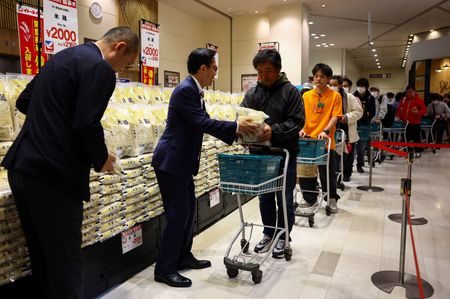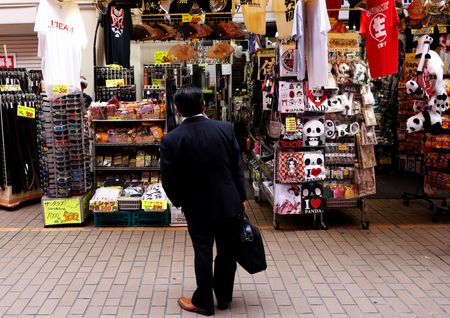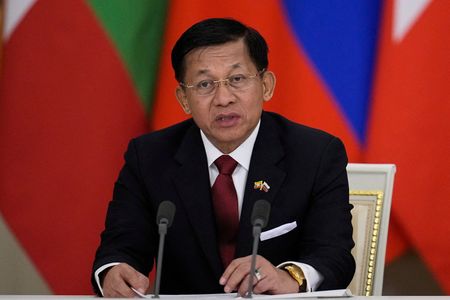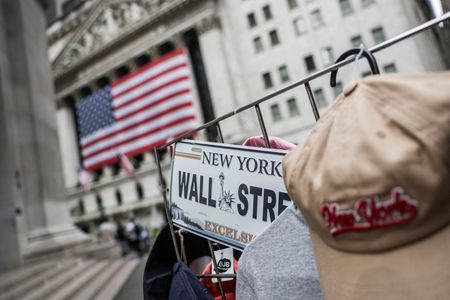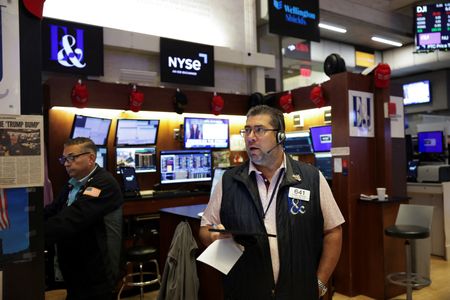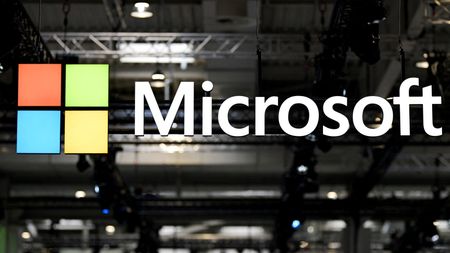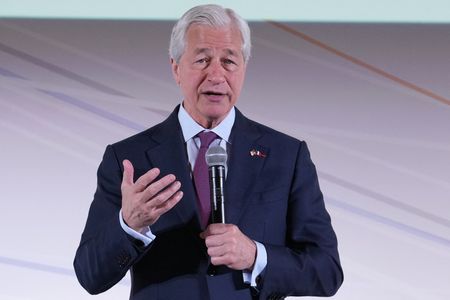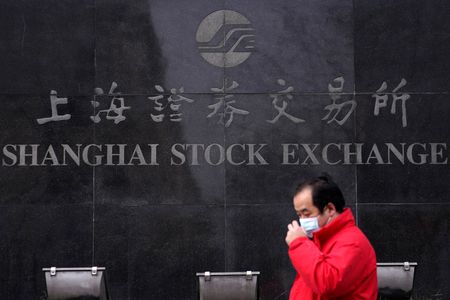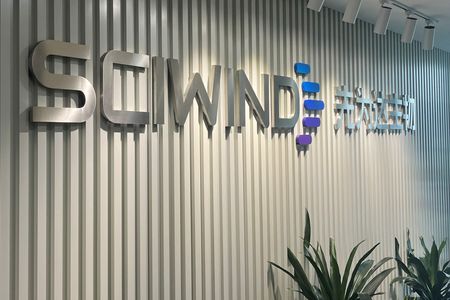By Leika Kihara
TOKYO (Reuters) -Core consumer inflation in Japan’s capital slowed in July but stayed well above the central bank’s 2% target in July, data showed on Friday, adding to renewed market expectations for another interest rate hike this year.
The data will be among factors the Bank of Japan will scrutinise at its next rate review on July 30-31, when the board is expected to revise up this fiscal year’s inflation forecast in a quarterly review of its projections.
The Tokyo consumer price index (CPI), which excludes volatile fresh food costs, rose 2.9% in July from a year earlier, government data showed, slightly below a median market forecast for a 3.0% increase. It followed a 3.1% rise in June.
The slowdown was due largely to the base effect of last year’s rise in energy prices, which came from the termination of government subsidies to curb fuel bills.
Food inflation, excluding the cost of volatile fresh products, accelerated to 7.4% in July from 7.2% in June in a sign households continued to face rising living costs.
A separate index for Tokyo that strips away both fresh food and fuel costs – closely watched by the BOJ as a measure of domestic demand-driven prices – rose 3.1% in July from a year earlier, matching the pace in June, the data showed.
Service prices rose 2.1% in July from a year earlier, steady from June, the data showed, suggesting that companies continued to pass on rising labour costs from higher wages.
Analysts expect consumer inflation to slow in coming months due to the base effect of last year’s rise in fuel costs, and prospects of a slowdown in the spike in staple rice prices.
While Japan’s success in clinching a trade deal with the U.S. has heightened market expectations of a near-term rate hike, some analysts doubt whether the BOJ could act soon.
“If inflation begins to slow, the BOJ won’t have a pressing need to raise interest rates,” said Toru Suehiro, chief economist at Daiwa Securities, adding that nominal wage growth has moved on a soft note so far this year.
The BOJ exited a decade-long, radical stimulus programme last year and raised short-term interest rates to 0.5% in January on the view Japan was on the cusp of sustainably hitting its 2% inflation target.
While the central bank has signalled readiness to raise rates further, the economic impact of higher U.S. tariffs forced it to cut its growth forecasts in May and complicated decisions around the timing of the next rate increase.
But U.S. President Donald Trump’s surprise announcement on Wednesday of a trade deal with Japan has diminished uncertainty over the country’s economic outlook, prodding some investors to renew their bets on another rate hike by the end of this year.
Hours after the announcement, BOJ Deputy Governor Shinichi Uchida said the deal would reduce uncertainty and heighten the chance of Japan durably hitting the bank’s inflation target.
A Reuters poll, taken before the trade deal announcement, showed a majority of economists expect the BOJ to raise its key interest rate again by year-end, though most expect the bank to stand pat at this month’s meeting.
(Reporting by Leika Kihara; Editing by Sam Holmes)

